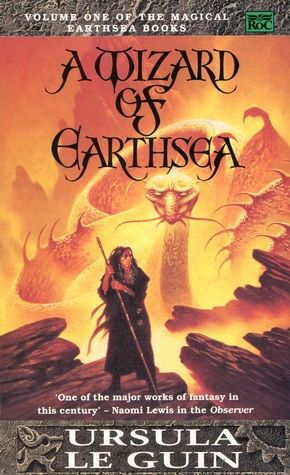 A Wizard of Earthsea, Ursula Le Guin
A Wizard of Earthsea, Ursula Le Guin
This month’s challenge in the Book Club on Habitica is reading (or rereading, in my case) Ursula Le Guin’s Earthsea books. I scarcely need the encouragement to come back and read them again, so of course, I was in for this. It’s interesting reading this first one as an adult, having gone through my own coming of age and seeing Ged as young — just seventeen! It’s also interesting because I’ve read some of Le Guin’s critiques of her own work: the lack of place for women, “weak as women’s magic”, the typical male-centred quest story. It’s interesting to think about what could’ve been changed, and how that would have changed the canon of fantasy.
At first glance, the world of Earthsea is relatively typical fantasy. Yet there’s a spirituality here, too, and Le Guin’s interest in anthropology — her references to the customs like Sunreturn and the Long Dance — give it depth. It’s definitely its own thing, not derived solely from the fantasy tradition. And I’ve thought of Ged’s flight away from and then toward his shadow in very personal terms for a while now: to me it echoes my struggle with my anxiety, the way that I was weak and unable to fight it whenever I tried to pretend it away or avoid it. I had to face it and admit it was part of me, as Ged does with the shadow he’s unleashed. And like Ged, I didn’t stop being scared of it, but I gained strength from finding the way to fight it.
(Don’t get me started on the parallels in The Tombs of Atuan between the forces of the Nameless and depression, abuse. Now that I’ve thought about it, I think I could write a paper on it.)
“Only in silence the word, only in dark the light, only in dying life.”
Rating: 5/5

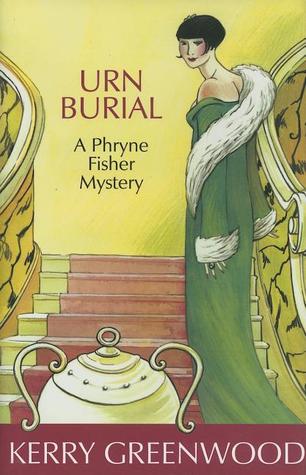 Urn Burial, Kerry Greenwood
Urn Burial, Kerry Greenwood Of Bone and Thunder, Chris Evans
Of Bone and Thunder, Chris Evans Badgerlands, Patrick Barkham
Badgerlands, Patrick Barkham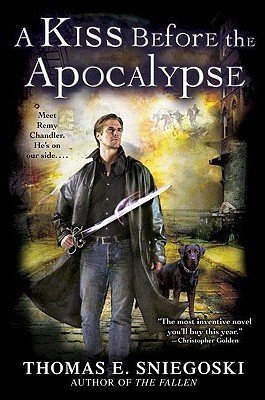
 Catastrophes and Lesser Calamities, Tony Hallam
Catastrophes and Lesser Calamities, Tony Hallam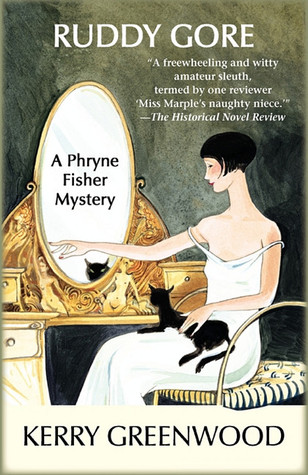 Ruddy Gore, Kerry Greenwood
Ruddy Gore, Kerry Greenwood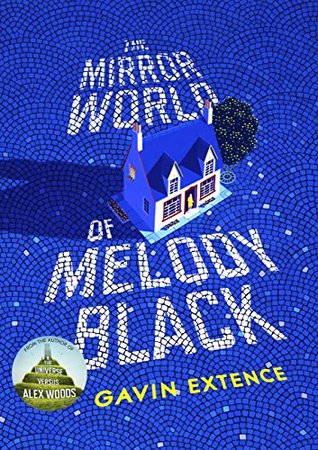 The Mirror World of Melody Black, Gavin Extence
The Mirror World of Melody Black, Gavin Extence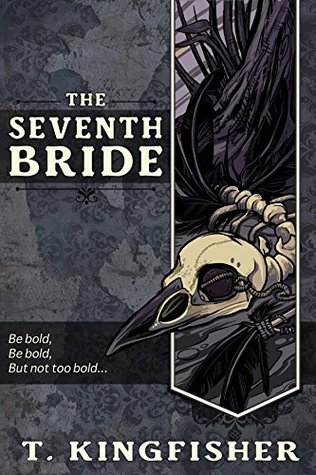 The Seventh Bride, T. Kingfisher
The Seventh Bride, T. Kingfisher